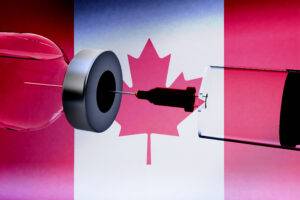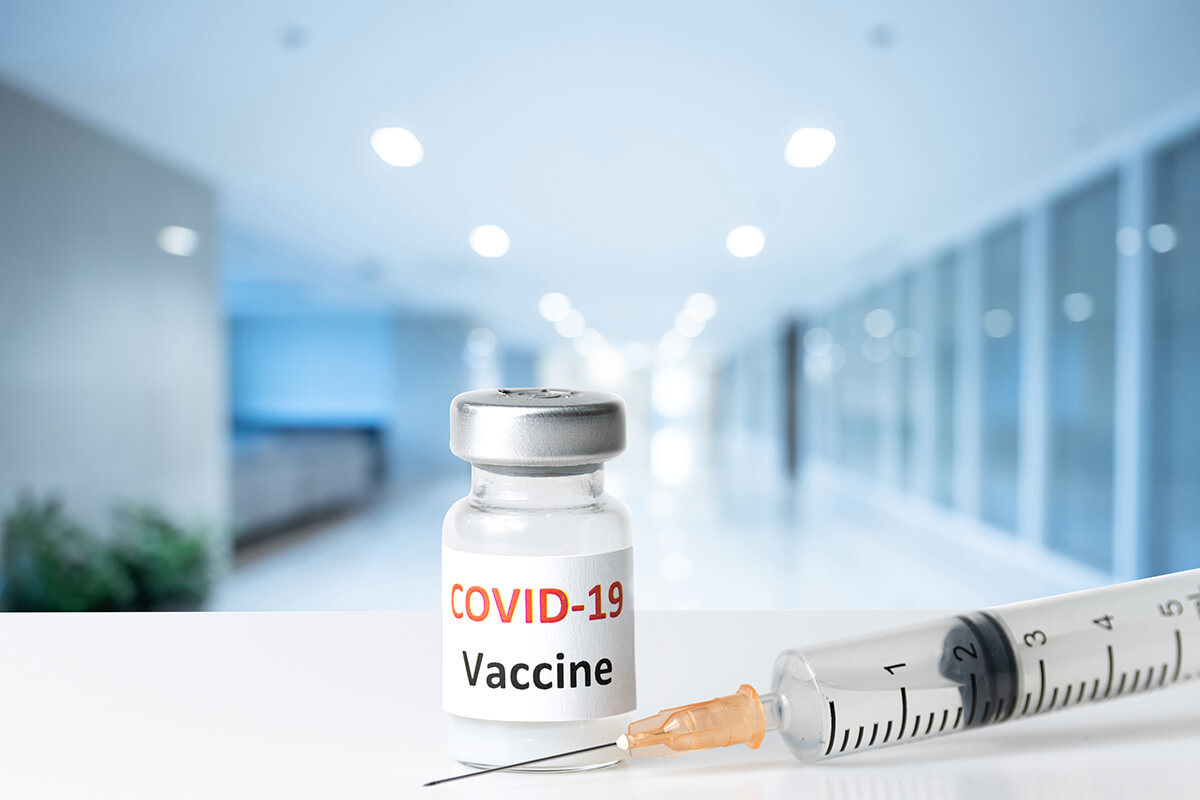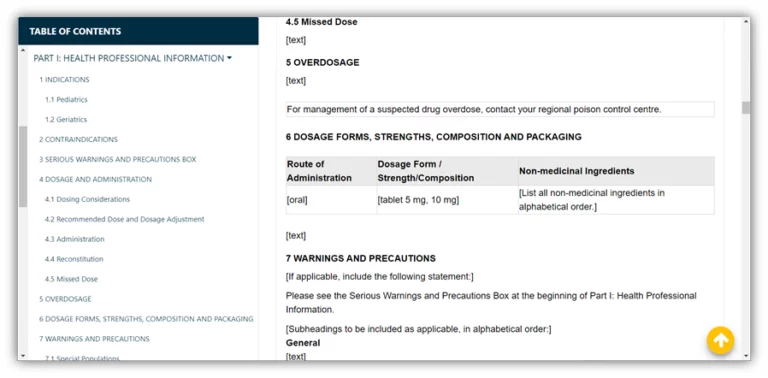
Health Canada has authorized the first COVID-19 vaccine – a tremendous milestone for Canadians. Canada is the third country to approve the Pfizer-BioNTech vaccine, after the UK and Bahrain. This vaccine is an mRNA vaccine intended for use in people 16 years of age or older. It will be given in two doses, 21 days apart, as an injection into the muscle of the arm.
Is it safe to use?
The Pfizer-BioNTech vaccine, like all vaccines authorized for use in Canada, will be held to the same safety, efficacy, and quality standards required by law.
The vaccine was authorized under the Health Canada’s Interim Order for Drugs for use in COVID-19. Under the Interim Order, Health Canada allowed “rolling submissions”. In other words, manufacturers can submit safety and efficacy data as soon as it becomes available to speed up the regulatory review process. This does not meet a compromised regulatory review – Health Canada has maintained that only vaccines that meet regulatory standards for safety, efficacy and quality will be approved.
Canadians should feel assured that a vaccine authorized for use in Canada, has met the necessary regulatory requirements and is safe to use as intended.
What are the side effects?
Per Health Canada, the side effects observed during clinical trials are very similar to other vaccines on the market. These were mild to moderate in severity and included experiencing pain at the injection site, feeling tired, or feeling feverish. No major safety concerns were observed in the data that was reviewed. Of course, as with all vaccines, there is a rare chance a more serious side effect can occur, e.g., allergic reaction. Health Canada guidelines also advise that anyone allergic to any of the listed ingredients, should not use the vaccine.
As with all drug products in Canada, manufacturers are legally required to submit ongoing safety data on “adverse events”. This data is regularly reviewed by agencies such as Health Canada, with critical safety events requiring expedited reporting timelines. It also includes reporting on the effectiveness of the vaccine. In industry we call this “post-market surveillance”. This system also regularly involves collaboration between regulatory authorities all over the world, which will likely see an increase for COVID-19 products during the global pandemic. According to Health Canada, in addition to these requirements, monthly summary reports on safety will be submitted for the Pfizer-BioNTech vaccine.
What makes mRNA vaccines different?
mRNA vaccines are not exactly new. The first report of the successful use of mRNA in animals (in vitro) was in 1990. mRNA vaccines have been studied for quite some time for indications such as rabies, cancer and even the flu. They are, however, newer than conventional vaccine types. For example, vaccines relying on weakened or inactivated virus to trigger an immune response.
So, how do they work?
mRNA vaccines instruct cells in your body to present a protein specific to COVID-19 to your immune cells. Your immune cells, in turn, recognize the protein as ‘foreign’ and trigger an immune response. The Pfizer-BioNTech vaccine contains mRNA (messenger ribonucleic acid) instructions on how to make the SARS-Cov-2 protein, which is found on the surface of the virus that causes COVID-19.
There are advantages of mRNA vaccine production, particularly in combatting infectious disease. These vaccines tend to have a favourable safety profile, are rapid to design, and are amenable to scalable Good Manufacturing Practice (GMP) production – all good qualities to have in a drug product candidate during a global pandemic.
Who gets the vaccine first?
Doses of the Pfizer-BioNTech vaccine will be rolled out in the next few weeks to each province on a per-capita basis. The National Advisory Committee on Immunization (NACI) has recommended that early doses of the COVID-19 vaccine be given to health care workers, elderly adults (70+), residents and staff of long-term care homes, and adults in Indigenous communities.
Provincial Health officials in BC and Alberta have already announced early details on their vaccination strategy, which includes the prioritization of health-care workers (e.g., ICU doctors, nurses, respiratory therapists) and long-term care workers.
Where will the vaccine be sent?
Canada is set to receive 20 million doses of the Pfizer-BioNTech vaccine, with 4 million arriving by March. The vaccines will be sent to 14 large distribution centres across the country (as chosen by the provinces) as early as next week.
For information on the regulatory process or requirements for licensing COVID-19 products, please contact info@axsource.com
Date: December 11, 2020


